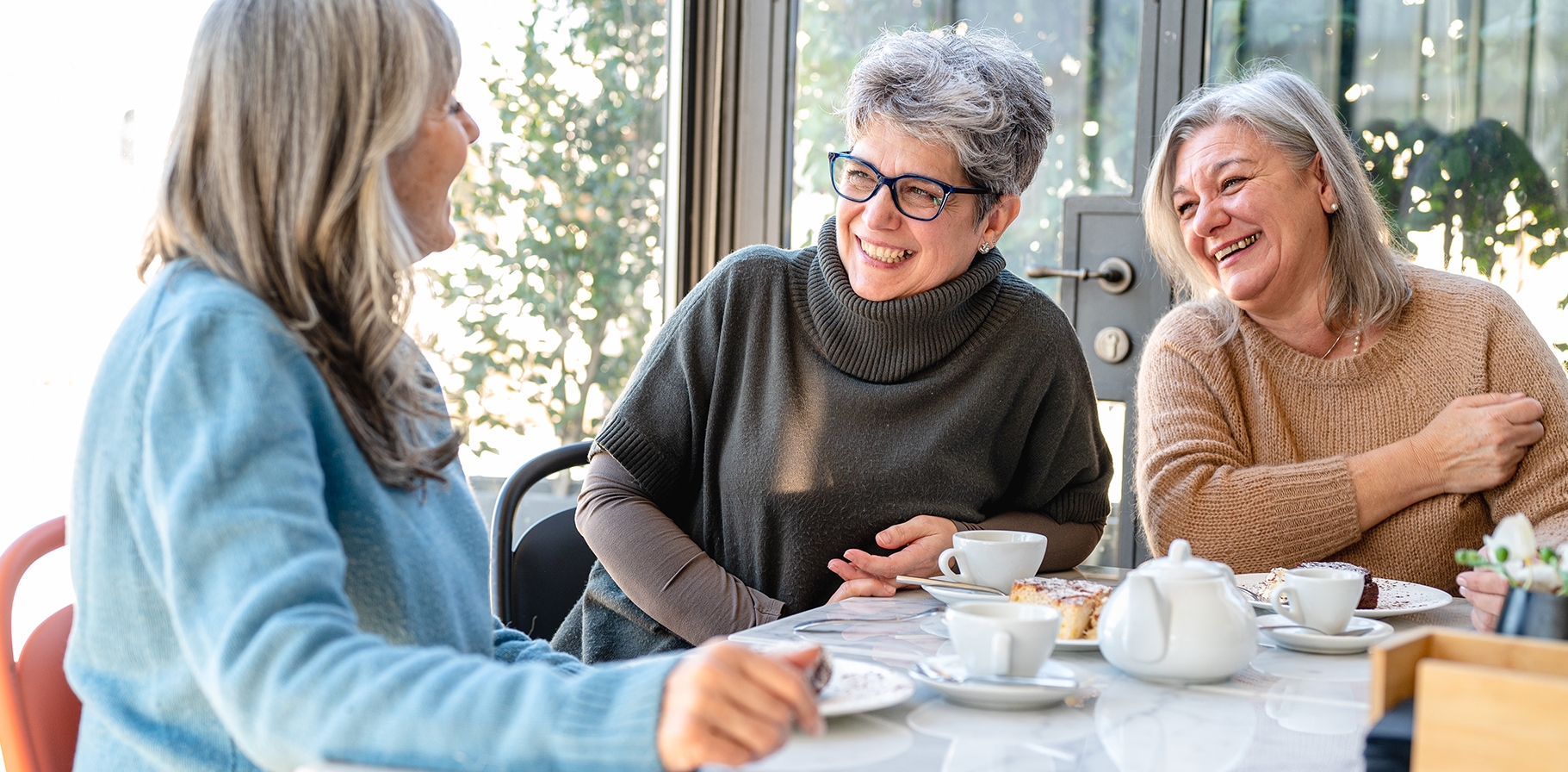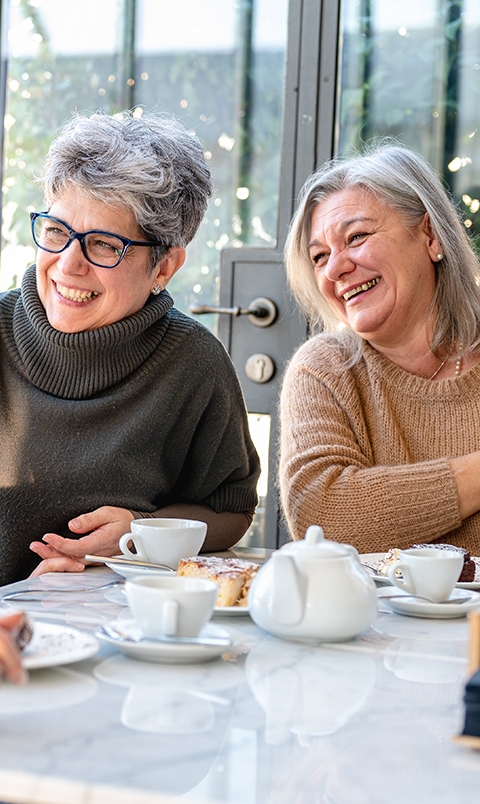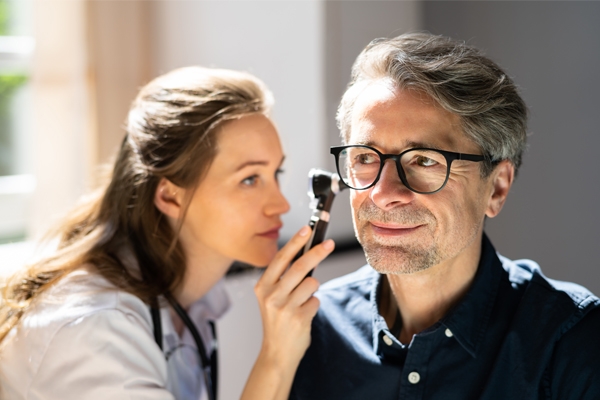Why do so many seniors refuse to wear their hearing aids?


Why do so many seniors refuse to wear their hearing aids?
5 min
Published December 30, 2024
Exploring the Roots of Resistance Toward Hearing Aids
The resistance of seniors towards wearing hearing aids is a conundrum that perplexes even the most patient of caregivers and family members. There’s an art of persuasion involved and one that doesn’t always smoothly translate into acceptance. You’ve likely heard all the excuses before – they’re too noticeable, too uncomfortable, too complicated, and the list goes on. However, the adoption of hearing aids can be a pivotal decision in combating isolation, enhancing communication, and fostering a higher quality of life. In this blog post, we are going to discuss the many reasons behind this resistance and how we can address them.
The Refusal Can Range in Reasoning
Although hearing aids can produce so many advantages for seniors with hearing loss, the benefits may be outweighed by all the stigmas and misconceptions surrounding these devices. The most common complaints about hearing aids can range from anxiety and appearance to poor past experiences and cost concerns. Avoiding wearing a hearing aid is understandable, whatever the reason may be, but it’s important to note that technological advancements alone may be enough for one to reconsider their stance. Let’s explore some of the most recurrent reasons used to justify a refusal to wear a hearing aid.
“A Hearing Aid Will Make Me Look Old” – An Age-Old Excuse
Seniors often equate hearing aids with aging, seeing them as a tangible sign of physical decline. This age-association stigma drives seniors to reject hearing aids, prioritizing the perception of youthfulness over the benefits of improved auditory function.
“They Stick Out Like a Sore Thumb” – Factoring in Cosmetics
Concerns about the appearance of hearing aids often discourage seniors from using them. They fear these devices will be overly conspicuous, drawing unwanted attention and making their hearing loss more obvious. But today’s designs are sleeker, more discreet, and blend seamlessly with various skin tones.
“Hearing Aids Are Uncomfortable” – When the Fit Fails
Hearing aids may initially cause discomfort, leading many seniors to avoid them. With improper fit being a common issue, it’s crucial to understand that modern hearing aids can be customized for optimal comfort and efficient auditory enhancement.
“They’re Too Complicated to Use” – A Lifestyle Adjustment
Fears of complexity often deter seniors from utilizing hearing aids. While there’s a learning curve involved, ongoing advancements in design simplicity and user-friendly features make modern hearing aids easy to operate and adjust, dispelling this pervasive misconception.
“Hearing Aids Are Way Too Pricey” – Let’s Talk About Cost
Hearing aids can indeed pose a financial challenge, as they are often classified as high-cost devices not typically covered by Medicaid. Nonetheless, various financing options and insurance plans can make these essential devices more accessible and affordable.
“They Won’t Help My Hearing Loss” – Expecting a Cure
Hearing aids are often dismissed based on the misconception that they won’t rectify hearing loss. While they aren’t a cure, they significantly improve communication and quality of life for those living with hearing loss, fostering more meaningful engagement with the world.
Overcoming the Apprehension of Wearing Hearing Aids
Shattering the barriers of reluctance towards using hearing aids begins with dispelling misconceptions and providing accurate, encouraging information. Highlighting the multitude of benefits these devices offer, from enhanced social interaction to better cognitive function and stability, can be a persuasive approach and shift the perception from a symbol of aging to a tool of empowerment. Offering a supportive community and patient-friendly services to guide the journey can also alleviate the fear of change.
Ultimately, embracing the use of hearing aids paves the way for an improved, vibrant auditory experience that will connect seniors more deeply to their world and the people they love.




